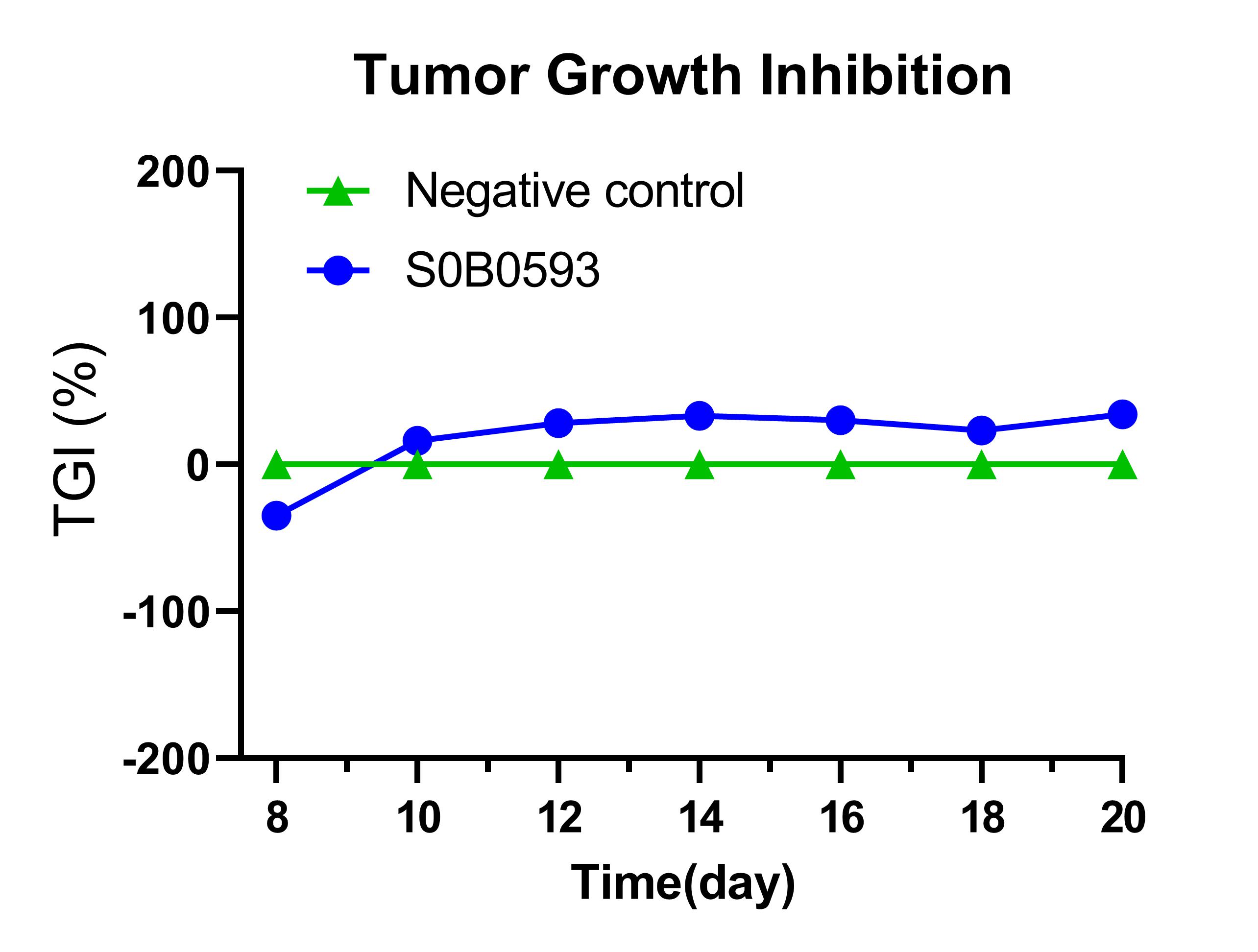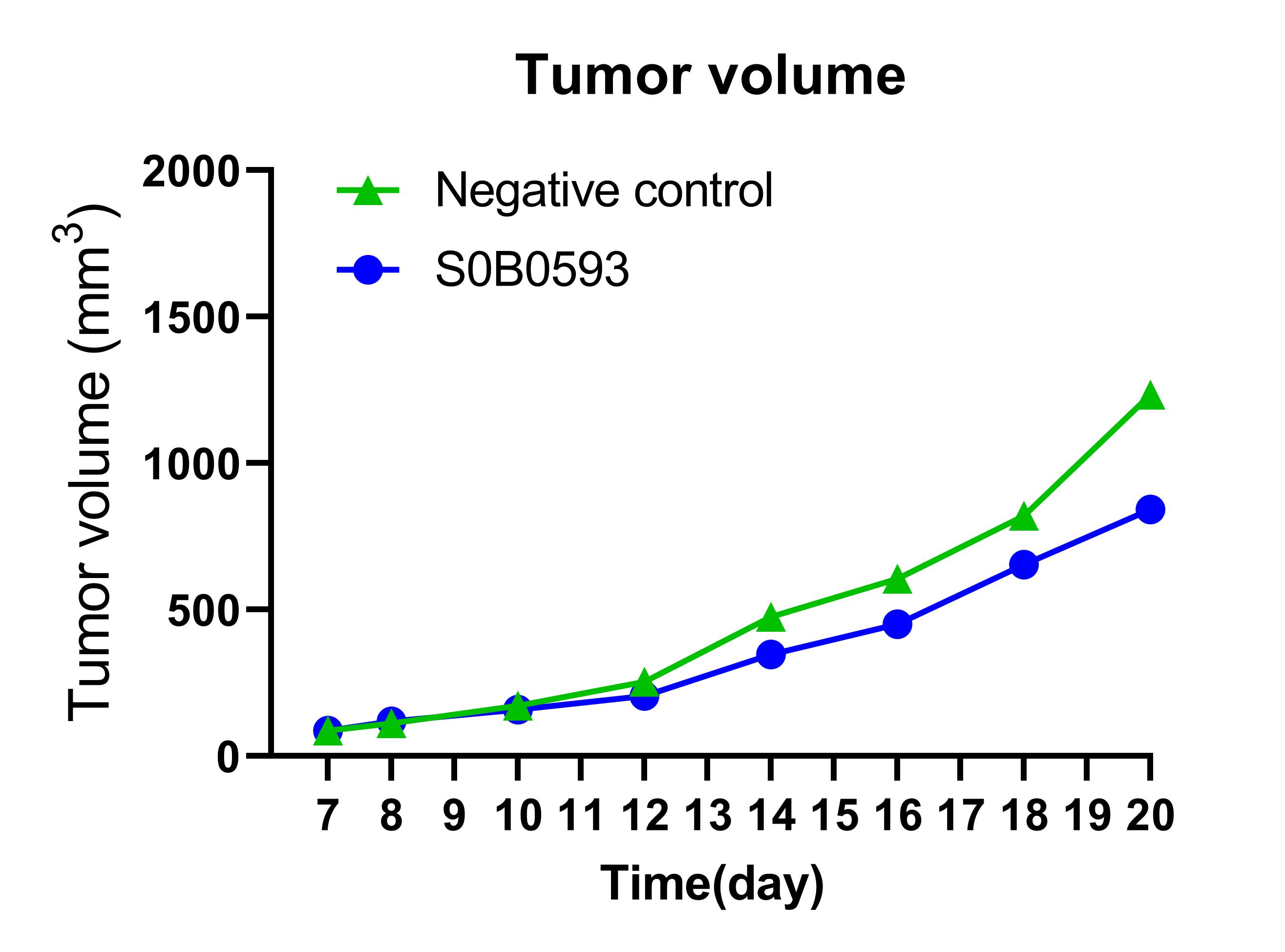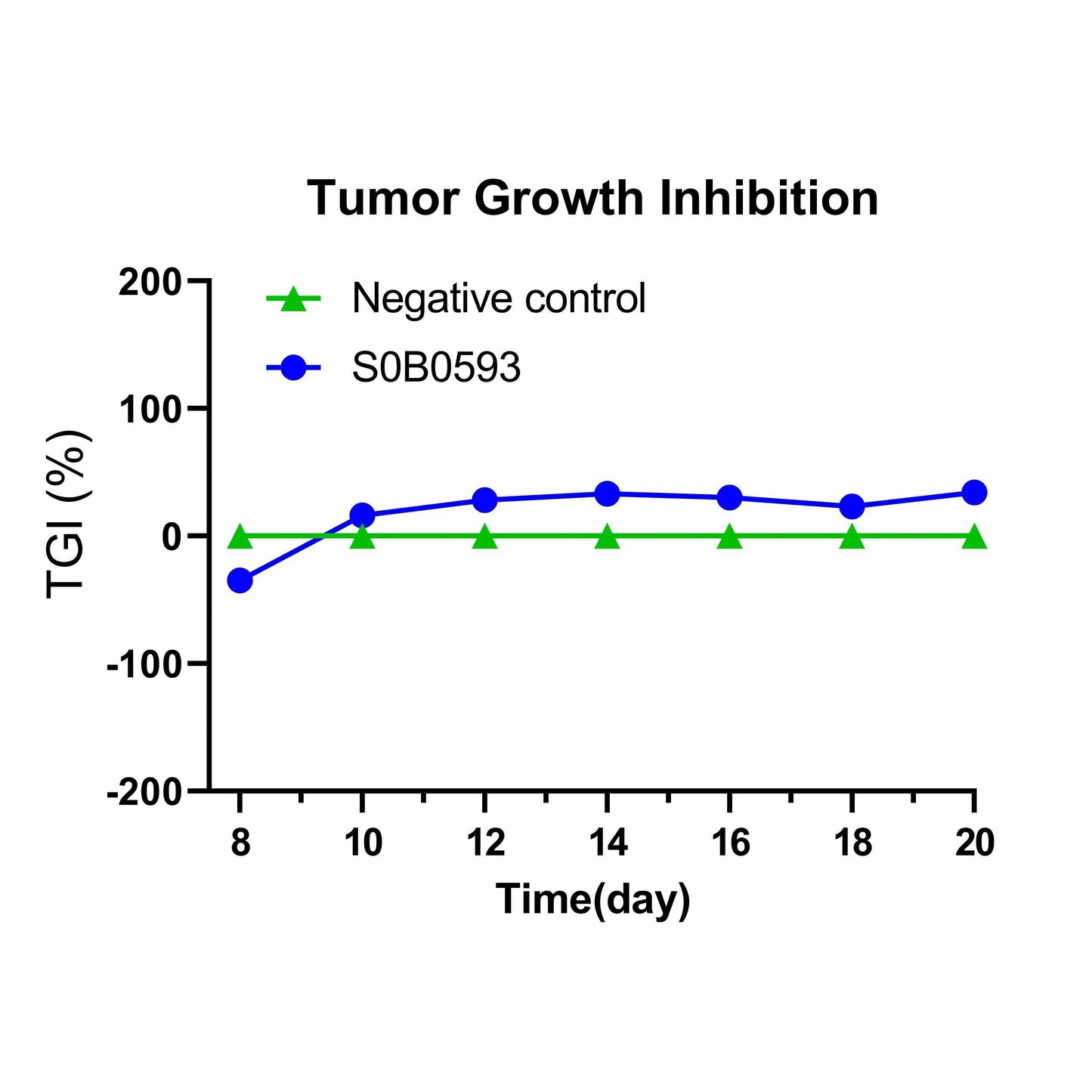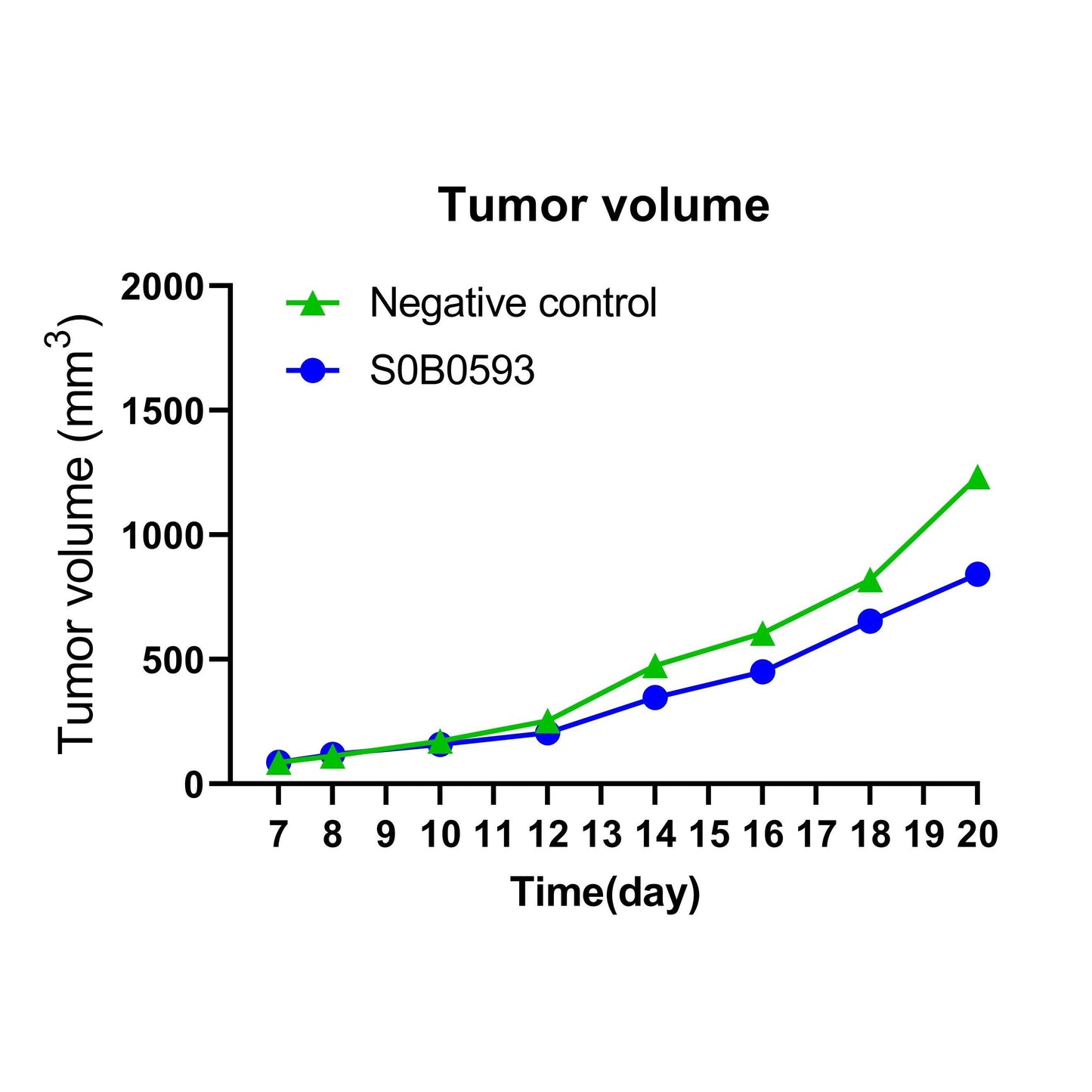Anti-His antibody Immobilized on CM5 Chip captured PD-L1 His Tag, Mouse, can bind PD-L1 Recombinant Mouse mAb (10F.9G2) with an affinity constant of 0.03 nM as determined in SPR assay.
Product Details
Product Details
Product Specification
| Host | Mouse |
| Antigen | PD-L1 |
| Synonyms | Programmed cell death 1 ligand 1, CD274, B7-H1 |
| Location | Membrane |
| Accession | Q9EP73 |
| Clone Number | 10F.9G2 |
| Antibody Type | Recombinant mAb |
| Isotype | Mouse IgG1 D265A, κ |
| Isotype Control | Invivo mouse IgG1 isotype control (D265A) |
| Application | in vivo PD-L1 blockade |
| Reactivity | Ms |
| Purification | Protein G |
| Concentration | Lot specific* (generally 10 to 20 mg/ml)* |
| Endotoxin | <1EU/mg |
| Conjugation | Unconjugated |
| Physical Appearance | Liquid |
| Storage Buffer | PBS pH7.4, containing no preservative |
| Stability & Storage |
2 to 8 °C for 2 weeks under sterile conditions; -20 °C for 3 months under sterile conditions; -80 °C for 24 months under sterile conditions.
Please avoid repeated freeze-thaw cycles.
|
Background
This antibody recognizes the same epitope as clone 10F.9G2. Programmed death-ligand 1 (PD-L1) also known as cluster of differentiation 274 (CD274) or B7 homolog 1 (B7-H1) is a protein that in humans is encoded by the CD274 gene. Programmed death-ligand 1 (PD-L1) is a 40kDa type 1 transmembrane protein that has been speculated to play a major role in suppressing the adaptive arm of immune systems during particular events such as pregnancy, tissue allografts, autoimmune disease and other disease states such as hepatitis. The binding of PD-L1 to the inhibitory checkpoint molecule PD-1 transmits an inhibitory signal based on interaction with phosphatases (SHP-1 or SHP-2) via Immunoreceptor Tyrosine-Based Switch Motif (ITSM). This reduces the proliferation of antigen-specific T-cells in lymph nodes, while simultaneously reducing apoptosis in regulatory T cells (anti-inflammatory, suppressive T cells) - further mediated by a lower regulation of the gene Bcl-2. Upregulation of PD-L1 on immune cells (especially myeloid cells) can also lead to formation of an immunosuppressive environment in a highly localized manner that also allow the cancer cells to proliferate.
Picture
Picture
Validation Data

Anti-tumor efficacy of S0B0593

Anti-tumor efficacy of S0B0593




